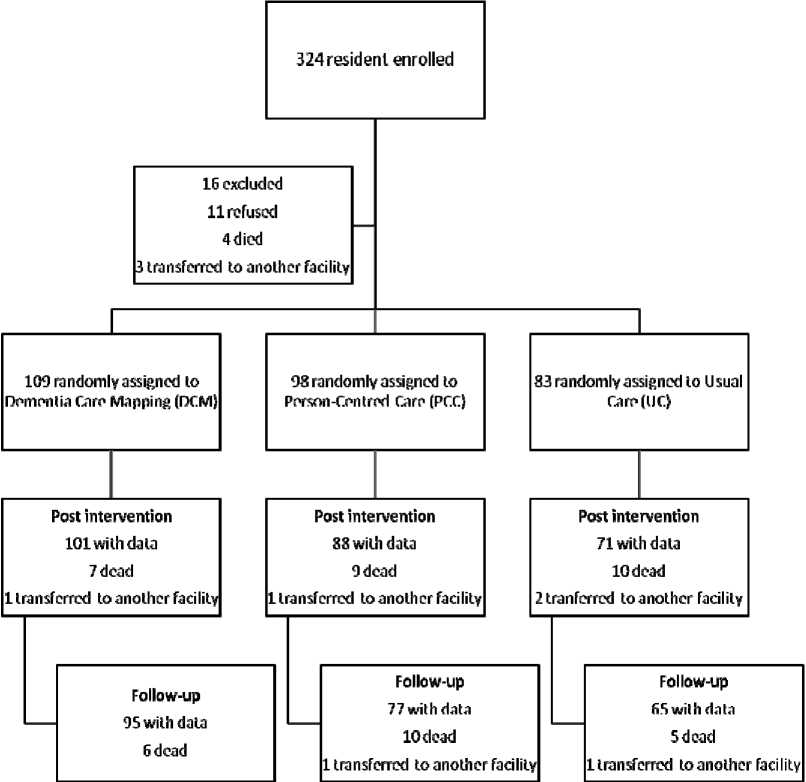Figure 1: Consort Diagram for Cluster Randomised Trial

DCM training was provided by two Bradford University-accredited trainers to two
nurses/care staff for each of the five DCM sites. The authors (LC and Y-HJ) who
were trained and experienced in the DCM techniques (also called mappers) conducted
DCM mapping alongside the DCM trained nurses/care staff at each site for six
continuous hours on two consecutive days and recorded observations from which a
Well/Ill-being (WIB) score was calculated for each participating resident at each of
the five sites. Using factors that were observed to stimulate well being and/or ill-being
in the residents, care plans based on person-centred principles were developed by the
mappers to provide feedback on the findings to site staff. The DCM trained staff at
each site were then supported by LC and Y-HJ to continue encouraging site staff to
maintain the recommended resident care plan strategies over the following four
More intriguing information
1. The name is absent2. Improving the Impact of Market Reform on Agricultural Productivity in Africa: How Institutional Design Makes a Difference
3. Insecure Property Rights and Growth: The Roles of Appropriation Costs, Wealth Effects, and Heterogeneity
4. Credit Market Competition and Capital Regulation
5. RETAIL SALES: DO THEY MEAN REDUCED EXPENDITURES? GERMAN GROCERY EVIDENCE
6. The name is absent
7. GOVERNANÇA E MECANISMOS DE CONTROLE SOCIAL EM REDES ORGANIZACIONAIS
8. EMU's Decentralized System of Fiscal Policy
9. Skill and work experience in the European knowledge economy
10. The name is absent